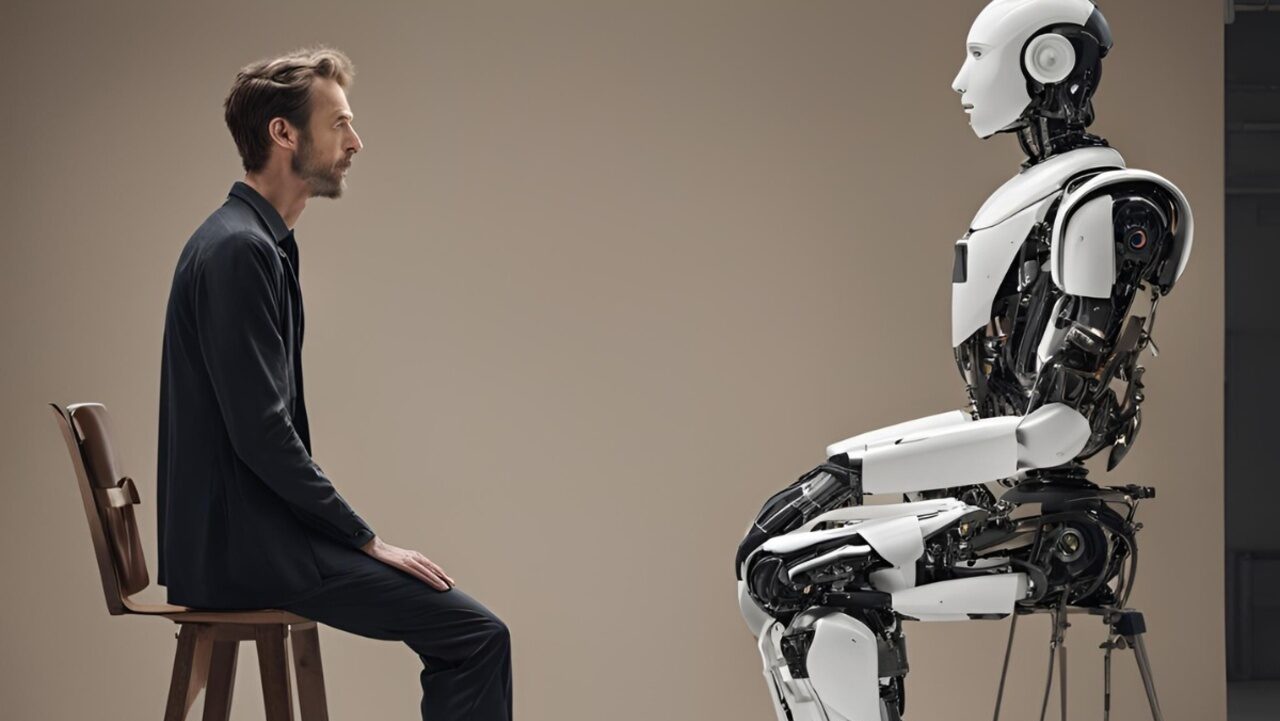Authors Guild sues OpenAI and Microsoft for copyright infringement for using seventeen authors’ works to train their AI-based models.
Who should care about this case and why?
The Authors Guild sues Open AI in a class action. This is a pivotal case with far-reaching implications across various sectors, influencing legal, ethical, and practical aspects of AI development and the use of copyrighted materials. The complaint is significant to several groups of people:
- This case directly impacts authors and writers because AI and AI developers may use their work without explicit permission, affecting their livelihood and intellectual property rights.
- Publishers will also be keen to understand how the decision might affect the contractual agreements they have with authors and how they licence content.
- AI developers and companies developing AI technologies will need to understand the legal boundaries of using copyright content. The case could significantly impact the development and commercialisation of AI models.
- This case also affects AI consumers and the general public. The outcome could influence the availability and functionality of AI applications in the future.
What could you do about it?
- Understand your rights by familiarising yourself with copyright laws in your jurisdiction. This will help you know what works are protected and what rights you have as an author or creator.
- When sharing your work with third parties, ensure you have clear licensing agreements that specify how your work can be used.
- Make your mark by adding watermarks or digital signatures to your content. This can help prove ownership if your work is used without permission.
Our insights on this case
The class action in which the Authors Guild sues OpenAI resembles a blindfolded boxer fighting a shadow. The Authors Guild’s fight to protect their intellectual property will be a great feat to prove in court. This is due to the novelty and largely undisclosed nature of how OpenAI and Microsoft’s AI technology works.
Copyright infringement in most jurisdictions (South Africa included) becomes a heavy burden to prove. This is because determining if there’s enough similarity between the original work and the alleged infringing work can be subjective and difficult to quantify. More so, proving that the alleged infringer had access to the original work is often required and this can be challenging with generative AI tools such as ChatGPT and CoPilot.
It is likely that the case will develop into a competitive bidding process for license agreements, where parties will vie to acquire rights to the Plaintiffs’ work. This could force the Plaintiffs to accept unfavourable terms, including redistribution rights and royalty payments. Ironically, these are precisely the terms that The Authors Guild argued the Defendants should have voluntarily offered.
Digest
On 19 September 2023, 17 authors filed a class action lawsuit against OpenAI for copyright infringement. In December 2023, the plaintiffs amended the class action to include Microsoft, a chief investor of OpenAI. The lawsuit claims OpenAI and Microsoft used unauthorised copyrighted works to train their AI, allowing ChatGPT to create unauthorised sequels and derivatives.
Until very recently, ChatGPT could accurately quote from copyrighted books, showing that the AI likely used entire books to learn and create these ‘mimicked’ outputs. Like in The New York Times case, OpenAI argues that the method it has trained its databases constitutes as fair use. Microsoft further argued that the Author’s Guild manipulated a series of implausible written inputs into ChatGPT and CoPilot repeatedly to produce an output similar to the Authors’ works.
The 17 authors argue that OpenAI should have first obtained their permission to use their copyrighted works and now seek a permanent injunction against OpenAI to prevent these alleged harms from reoccurring. The Authors Guild is also seeking damages for the lost opportunity to licence their works and asserts that OpenAI and Microsoft forced them into a position where they unknowingly aided their own market replacement.
While the authors express concerns about current AI practices, their class action lawsuit does not oppose AI development itself. Rather, they contend that OpenAI and Microsoft overstepped legal boundaries by incorporating copyrighted materials without authorisation to train their AI models.
Order
The case is still ongoing. The authors have asserted various federal and state-law claims which will likely result in a lengthy case unless settled out of court through possible license agreements with the Defendants.
Details of Authors Guild v. OpenAI Inc.
- Universal Citation: cv-08292-SHS
- Case Number: 1:23-cv-08292-SHS (S.D.N.Y. May. 6, 2024)
- Full name: Authors Guild v. OpenAI Inc.





